President Trump’s recent proposal for $2,000 dividend payments funded by tariff revenue presents an important question about fiscal philosophy: When government collects more revenue than needed, should it send checks to citizens or reduce their tax burden instead? The answer should be clear to anyone committed to limited government and fiscal responsibility. If Washington has excess funds, the proper response is cutting taxes, not expanding government spending programs.
The Fundamental Problem with Government Checks
Trump’s dividend proposal faces immediate mathematical challenges. Providing $2,000 to roughly 150 million qualifying Americans would require approximately $300 billion in revenue. However, new tariffs have generated only $120 billion so far, with total customs duties reaching $195 billion for the fiscal year ending September 30. Beyond the revenue shortfall lies a deeper issue: the entire approach treats taxpayer money as government funds to be redistributed rather than resources that belong to the people who earned them.
Why Tax Reduction Beats Redistribution
Tax cuts offer superior benefits compared to government payments:
Permanence over Politics: Tax reductions provide ongoing relief that compounds over time. A worker keeping an extra $2,000 annually through lower taxes receives far more value than a one-time check, especially considering the economic growth that results from increased private sector investment.
Efficiency over Bureaucracy: Tax cuts take effect immediately without administrative costs, processing delays, or eligibility determinations. Government checks require extensive bureaucratic machinery that consumes resources and creates opportunities for error or fraud.
Growth over Consumption: Lower taxes incentivize productive economic activity, business investment, and job creation. Government checks typically fund temporary consumption that provides no lasting economic benefit.
Principle over Expedience: Reducing taxes shrinks government’s role in the economy. Sending checks expands federal spending and creates expectations for future payments.
The Constitutional Question
Treasury Secretary Scott Bessent suggested the dividend “could come in lots of forms,” including the tax decreases already on the president’s agenda such as eliminating taxes on tips, overtime, and Social Security benefits. This approach aligns with proper constitutional limits on federal spending authority. Congress must authorize new spending programs, but the executive branch can implement tax policy changes within existing legislative frameworks. More importantly, tax cuts respect the constitutional principle that citizens should keep the fruits of their labor rather than depend on government redistribution.
A Better Path Forward
Rather than creating new spending programs, policymakers should focus on permanent tax relief:
- Eliminate taxes on tips and overtime pay
- End taxation of Social Security benefits
- Reduce income tax rates across all brackets
- Simplify the tax code to reduce compliance costs
These changes would provide far more than $2,000 in annual value to working families while strengthening America’s economic foundation.
The Choice Before Us
The dividend proposal reflects a fundamental misunderstanding of government’s proper role. Citizens are not shareholders in a government corporation awaiting profit distributions. They are free individuals whose prosperity depends on keeping more of what they earn. Utah taxpayers and Americans nationwide deserve leadership that recognizes this distinction. When government collects excess revenue, the principled response is reducing the burden on those who generated that wealth through their productive efforts. True fiscal conservatism chooses tax reduction over redistribution every time. That principle should guide our approach to any revenue surplus, whether from tariffs, economic growth, or spending restraint.

Lance Haynie is a public affairs professional with over two decades of experience in government relations, risk management, policy development, and strategic leadership. He has worked with local, state, and federal partners to advance practical, results-driven solutions that strengthen communities and improve how government serves the people it represents.
A Republican who believes government should remain limited, focused, and accountable, Lance draws on experience in both the public and private sectors to advocate for policies that promote freedom, responsibility, and individual opportunity. His writing explores the intersection of policy, leadership, and community success with a focus on responsible governance, local control, and solutions that empower people rather than institutions.

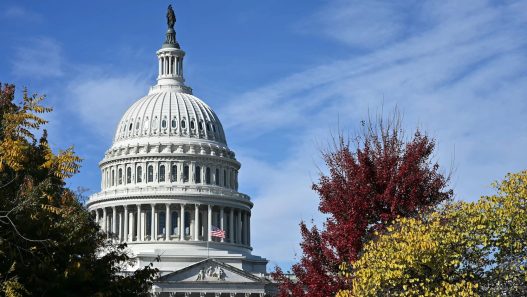














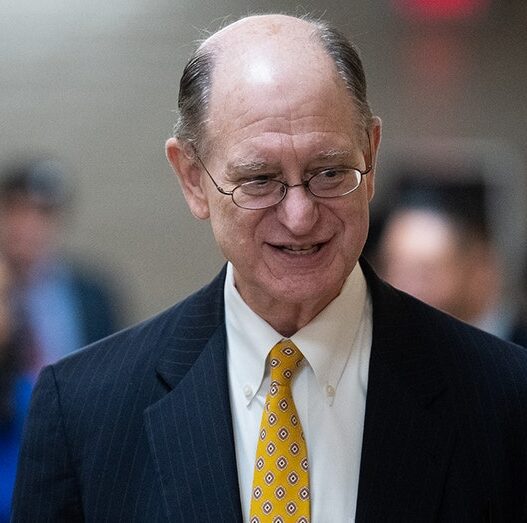
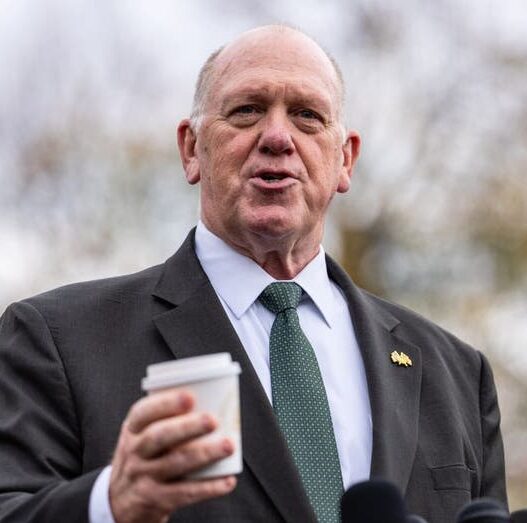

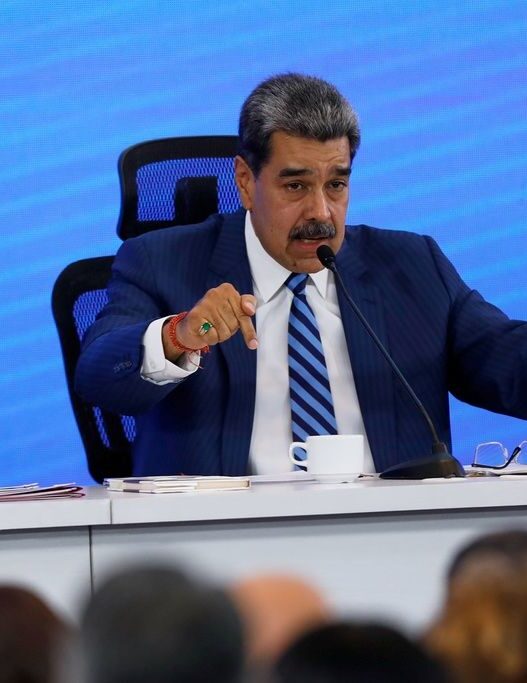
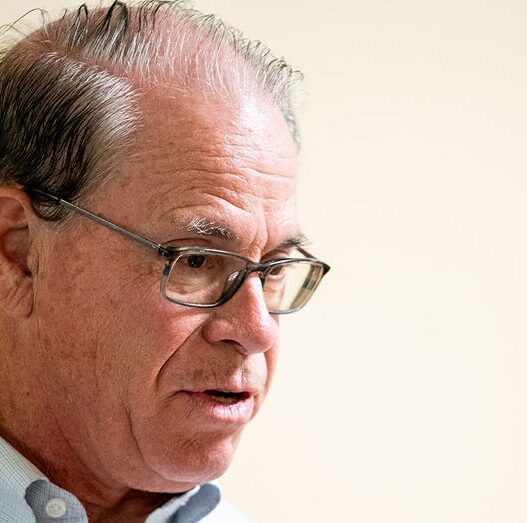
Articles written by Lance Haynie are licensed under a Creative Commons Attribution-NonCommercial-ShareAlike 4.0 International License.
The views and opinions expressed are those of Lance Haynie, and do not represent the official position of his employer or any affiliated organization.